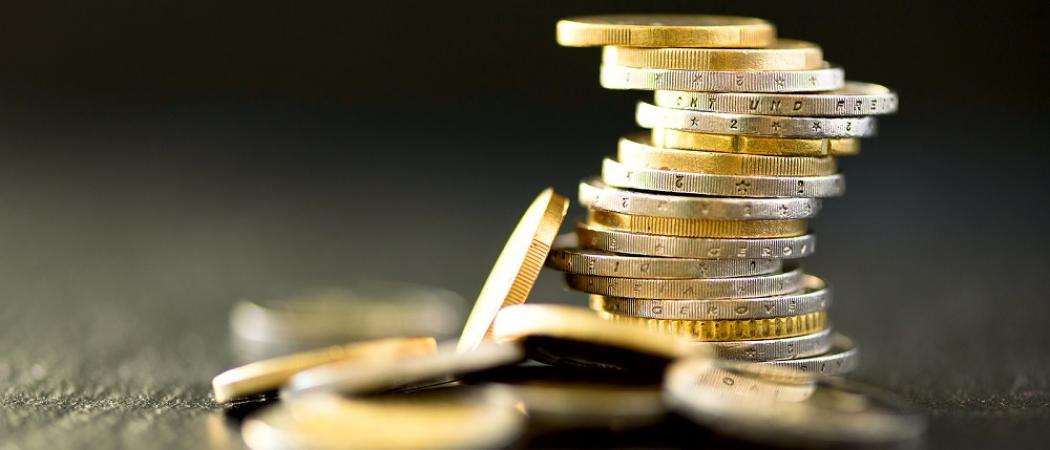As 16 member states met in Prague to defend cohesion funds, the European Commission’s head of finance cautioned research would pay the price of cuts to overall EU budget

The head of the European Commission’s finance department has spoken out in attempt to resolve a political battle he says could threaten the budget for Horizon Europe, the EU’s next research programme.
“Member states fight harder for cohesion and agriculture than they fight for innovation, research, migration and the like,” said Gert Jan Koopman, director general for budget. “If there’s a lot of pressure on the overall budget volume, then in the past, what we have seen is that these modern policies have paid the price.”
Research is at risk not because it has enemies, but because it lacks powerful defenders. Countries Koopman called the “frugal five” – Germany, the Netherlands, Austria, Sweden, and Denmark – want to drastically cut EU spending. But as he spoke in Brussels on 5 November, leaders of 16 other EU countries assembled in Prague as the ‘Friends of Cohesion’, and published a joint statement calling for current spending on cohesion policy to be maintained.
Just as the frugal five can force down the size of the overall budget, so too can the Friends of Cohesion make sure the inevitable cuts fall elsewhere. Horizon Europe is one of the most vulnerable parts of the budget, because unlike cohesion and agriculture, it is not defended by committed veto players.
Member states miss the point, says budget chief
Back in Brussels, Koopman noted the dispute boils down to how much each country pays into the budget and what they get out in return. This is a line of argument that is no longer relevant, he said.
Koopman has a difficult case to make: to defend the commission’s budget proposal, he must convince the wealthy countries to pay more, while also persuading poorer member states to accept cuts to parts of the budget intended to help them.
During a lengthy and highly technical briefing, Koopman presented an array of figures intended to show the argument over “who gets what” doesn’t make sense.
The five countries pushing for budget cuts are net contributors to the budget, paying more than they receive directly from it. Meanwhile, the self-styled Friends of Cohesion receive more than they put in.
Koopman argued that this dichotomy is misleading because wealthier countries pay less as a share of their per capita gross national income (GNI) than the poorer countries.
“What we basically see is that there is an inverse correlation between GNI per capita on the one hand, and contributions on the other hand,” he said. As a result, countries that contribute the least in terms of GNI per capita are the Netherlands, Germany, Sweden, Denmark and Austria, even though they pay the most in simple cash terms.
Looking through the prism of how much money each country gets from the EU budget distorts the reality. While cohesion funds may be spent on projects in poorer countries, the work is often carried out by contractors from wealthier member states, who take the profits home with them, Koopman said.
Koopman was defending a budget plan that would cut cohesion, but ironically his argument echoes the statement put out by the Friends of Cohesion following their meeting. They make the case that cohesion funding benefits the whole of the EU, not just the direct recipients, because it contributes to broader economic growth and job creation.
The Friends of Cohesion group, set up in 2005, is made up of those countries that are net recipients from the EU budget. The membership is not static, since the balance depends in large part on how each national economy is doing. The 16 signatories of the joint declaration on 5 November are Bulgaria, Czech Republic, Cyprus, Croatia, Estonia, Greece, Hungary, Latvia, Lithuania, Malta, Poland, Portugal, Romania, Slovakia, Slovenia and Spain.





 A unique international forum for public research organisations and companies to connect their external engagement with strategic interests around their R&D system.
A unique international forum for public research organisations and companies to connect their external engagement with strategic interests around their R&D system.